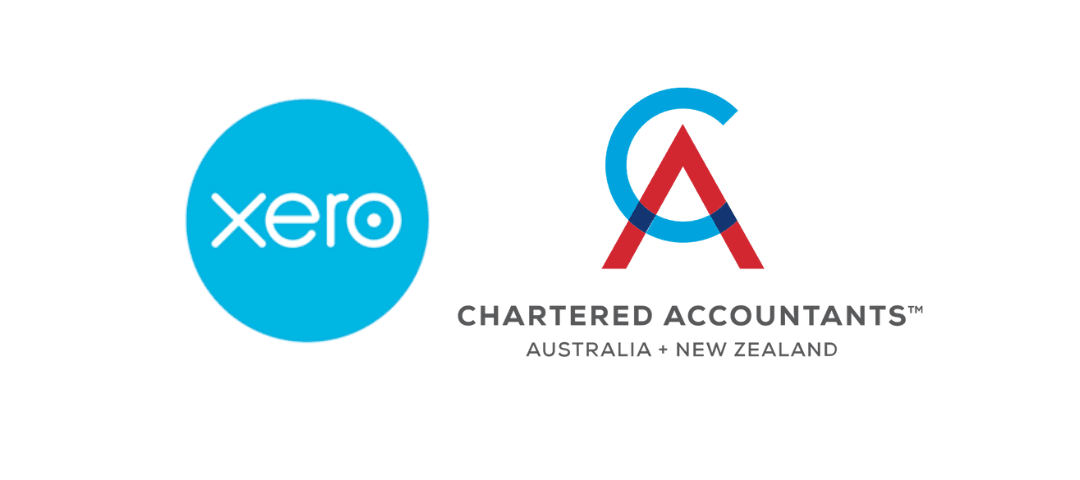After selling a property, the vendor is hopefully left with some cash after repaying debt. The vendor then has options to consider about what to do with this cash: spend it, invest it, or repay other debt. This decision will come down to each client’s individual goals and financial situation.
It is important to consider the tax implications when considering what to do with the leftover cash from a property sale. The tax implications will also depend on which entity owned the property being sold (i.e., company, Trust, individual etc) and other lending the entity has.
This article will focus on the tax implications of spending that cash from the sale of the investment property. We have used a case study to illustrate the key concepts. In summary, interest deductibility and the original purpose of the loan are critical to determine if there is a nexus to earning income and interest deductibility.
Case Study: Longfellow Trust
In this fictional case study, the Longfellow Trust has accumulated several assets over the past 15 years. The Trust owns:
a rental property it purchased in 2010 for $250k with a $200k mortgage (property 1).
shares in a business that it purchased for $500k and has an outstanding mortgage of $300k (business loan). This debt is currently floating at 6.79% pa.
A new rental property (not a new build) it recently acquired in 2022 for $750k with $700k of lending (property 2). This debt is currently fixed at 5.5% for another two years.
Their own home was purchased in 2008 for $350k with a $75k mortgage (property 3).
For simplicity, assume all loans are interest only, so the loan balances remain unchanged from the original purchase amount.
In 2023, it sold property 1 for $500k and repaid the mortgage of $200k. This left $300k of cash for the Trust. The trustees decided to pay off the business loan because the interest rate was higher (6.79% compared to 5.5%), and the loan was floating, not fixed (which resulted in no break fees).
This resulted in the Trust having no business debt, but it still has $700k of lending which was originally used to acquire property 2.
Tax Implications
In this situation, although the trustees have repaid the business loan with the higher interest rate (thinking they would save money), it is not the best tax outcome. This is because of the interest deductibility on the different loans.
Because the business loan was used to purchase shares in a business (and receive dividend income), the interest on this business loan was tax deductible. Because property 2, a rental property, was purchased after 27 March 2021 and is not a new build, the interest on this loan was not tax deductible.
Therefore, although the interest rate was lower (and fixed) for Property 2, the trustees would be better off (from a tax perspective) if they had repaid the debt on Property 2 because it was not tax deductible to begin with.
This decision has cost the Trustees $6,722 in missed-out tax savings each year until the loan was repaid.
Alternative Outcome
If either of the two alternative loans were repaid (Property 2 or Property 3), the Trust would still have full deductibility on the business loan.
Repaying the Property 2 loan currently results in the same outcome. However, Property 2 loan was used to purchase a rental property (and receive rental income) and has been used to buy an income-earning asset. With the upcoming election, there are new policies being discussed that may allow interest deductibility on rental properties again. Therefore, if you are in this situation, it may be best to wait until the outcome of the election or be conservative and pay off the personal home lending because Property 3 loan will not be tax deductible.
Conclusion
In this case study, after the sale of the property and repayment of the debt, the total amount of outstanding debt has not changed. However, it is crucial to understand which lending has tax deductibility so that you can make informed decisions.
We are often asked, “How can I pay less tax?”. In our experience, the best answer is to get the right advice at the right time based on individual circumstances, which includes structuring around key events, including buying and selling a property or business or making key decisions.
In most situations, when repaying debt, the best use of surplus cash is to repay loans that are used for private assets such as a personal home or beach house. This is because interest is not deductible on any loans used to purchase these assets.
Contact Us
Contact Tim Doyle or Jane Evans today to discuss any employment queries (or any other matter) on 07 823 4980 or email us. Our office is in Cambridge, NZ, but distance is no problem. We have many international and national clients.
This material has been prepared for informational purposes only, and is not intended to provide, and should not be relied on for, tax, legal or accounting advice. You should consult your own tax, legal and accounting advisors before engaging in any transaction.





